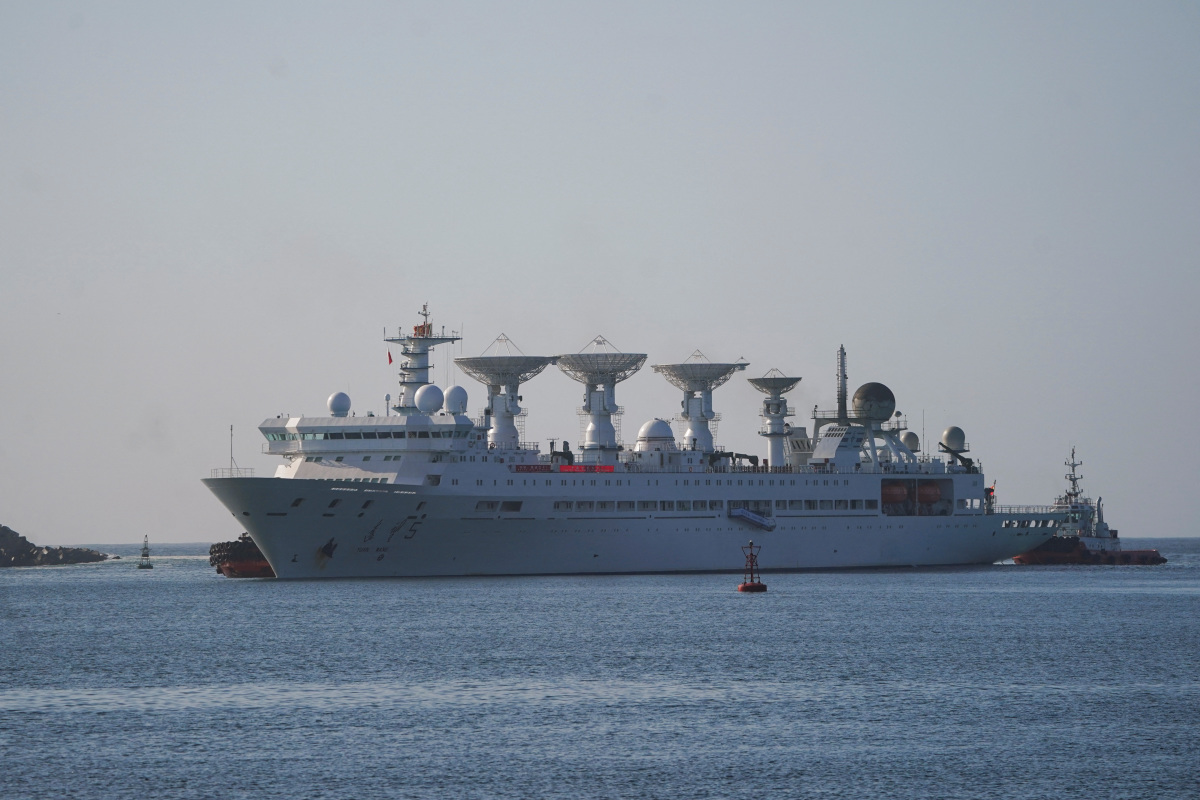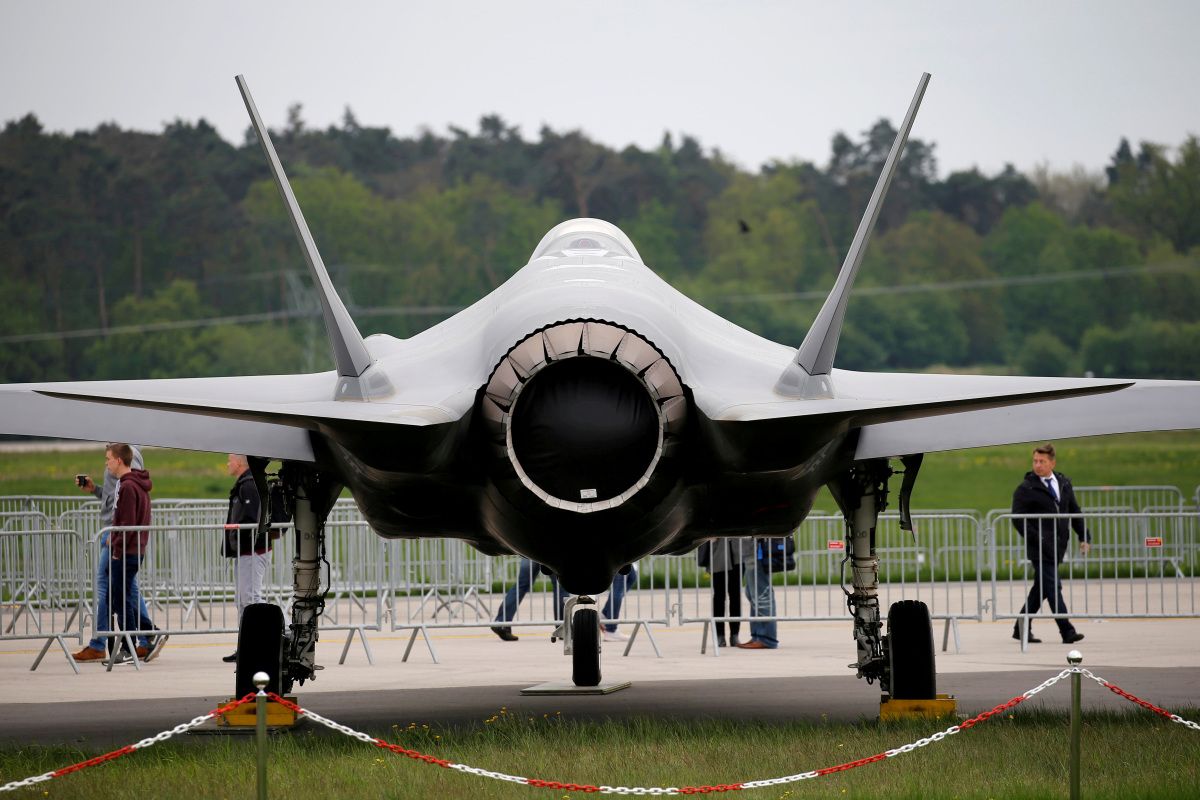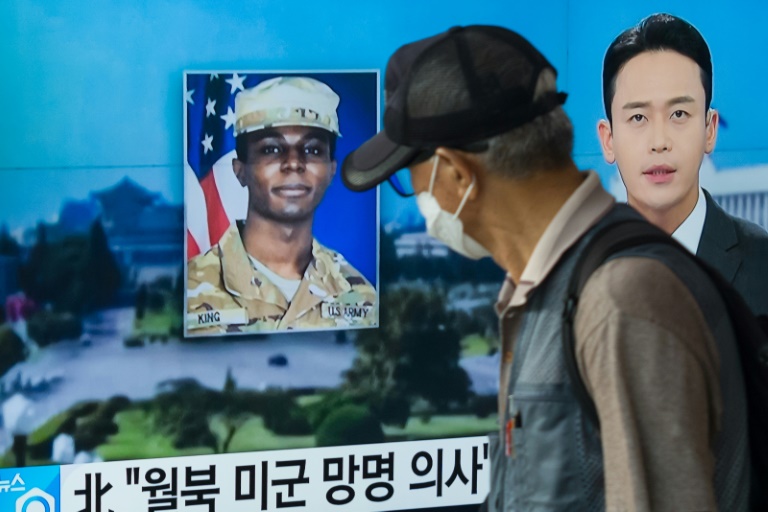KEY POINTS
- Both India and the U.S. raised concerns about the ship’s likely visit to Sri Lanka that is being planned for next month
- The crew aboard Shi Yan 6 is slated to conduct oceanography, marine geology and marine ecology tests
- Sri Lankan Foreign Minister Ali Sabry has not yet given permission to the docking, saying negotiations are still ongoing
The U.S. and India have expressed concerns over the possible docking of a Chinese research ship in Sri Lanka, saying it could pose potential threats to security.
Shi Yan 6 was described by Chinese media as a “scientific research vessel” with a 60-member crew that will dock in Sri Lanka next month to conduct ocean surveys. The crew will reportedly join hands with Sri Lankan scientists to carry out oceanography, marine geology and marine ecology tests.
While this wouldn’t be the first time a Chinese ship docks in Sri Lanka, the island country’s closest neighbor, India, had raised its concerns with a top Sri Lankan official, The Hindu reported, citing sources.
“Sri Lankan marine scientists are expected to join the crew members of Shi Yan 6 for scientific explorations in the Indian Ocean. That may add to the security concerns of policymakers in New Delhi. India is worried that data gathered by Shi Yan 6 can be used for military purposes, including underwater surveillance and data collection, which can be seen as a potential security threat to India’s naval interests,” Sampa Kundu, a consultant for ASEAN India Centre (AIC) at Research and Information System for Developing Countries (RIS), told International Business Times.
“Additionally, India maintains alliances and partnerships with countries like the United States, Japan, and Australia to counterbalance China’s influence in the Indo-Pacific region,” she added. “Therefore, when activities such as the Shi Yan 6’s port call occur, it can trigger discussions and concerns among these partners, further magnifying India’s apprehensions.”
Local reports said Wednesday that Shi Yan 6 entered the Indian Ocean and was heading toward Sri Lanka, despite the country’s Foreign Minister Ali Sabry saying earlier this week that Colombo had not given permission to the Chinese vessel yet to dock and that negotiations were still ongoing.
When U.S. Under Secretary Victoria Nuland raised concerns about the matter during a recent meeting with Sabry, the latter said the island nation, as a neutral country, has put down a Standard Operation Procedure (SOP) for foreign countries to follow when their ship or aircraft is conducting activities in Sri Lankan territory.
He also noted that Sri Lanka consulted many “friends, including India” while preparing the SOP.
“As far as I know, we have not given permission to come to Sri Lanka during October,” Sabry said. “Negotiations are going on. Indian security concerns, which are legitimate, are very, very important for us. We have always told that because we want to keep our region a zone of peace.”
The U.S. and India’s concerns stem from aggressive moves recently made by China, indicating Beijing’s desire to expand its economic and military footprint in the Indo-Pacific region.
Sri Lanka is also expected to tread carefully with the matter as it is doused with Chinese debt.
Considering Sri Lanka’s debt distress, nations like India and the U.S. may worry that China would use its role as Colombo’s largest lender and pull strings in favor of Beijing’s interests.
“It’s noteworthy that Sri Lanka is grappling with a substantial debt to China, and it has granted approval for visits by Chinese vessels on multiple occasions,” Kundu said. “Consequently, the concerns expressed by India and the US can be considered valid in light of this intricate financial relationship between Sri Lanka and China.”







